Case Study: A Model for Grassroots South-South Cooperation.
5/8/20242 min read
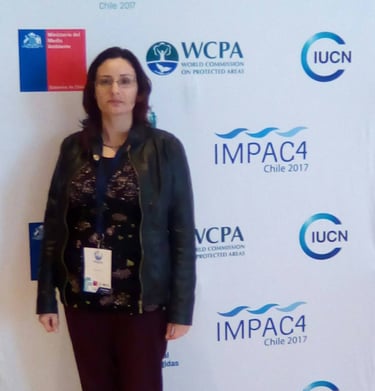

Challenge: How to facilitate meaningful knowledge exchange and sustainable technology transfer between communities in the Global South, overcoming geographical, linguistic, and cultural barriers.
Initiative: A grassroots cooperation project initiated in 2016, leveraging social media to connect a Chilean agricultural professional with NGOs and students in Palestine. The central pillar was the co-development and cross-cultural education of aquaponics technology.
Key Actions & Partnerships:
Digital Bridge-Building: Established initial contact and built trust with the IDCO Center (Gaza) and student innovators at the Islamic University of Gaza.
Knowledge Co-Creation: Formed a transnational workgroup to create educational content and workshop plans for aquaponics.
Tangible Implementation: Co-executed educational workshops for primary school students in both Jabalia, Gaza, and Quillota, Chile, sparking significant student interest.
Local Ecosystem Engagement: Scaled the initiative's reach by partnering with Chilean NGOs (Embrace Childhood Foundation, Vozetos) and securing the formal support of the Quillota Municipal Innovation Office.
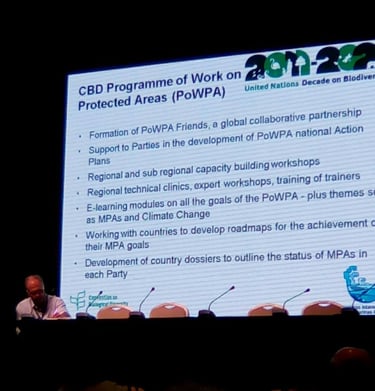

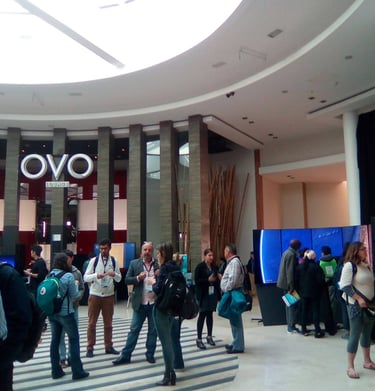

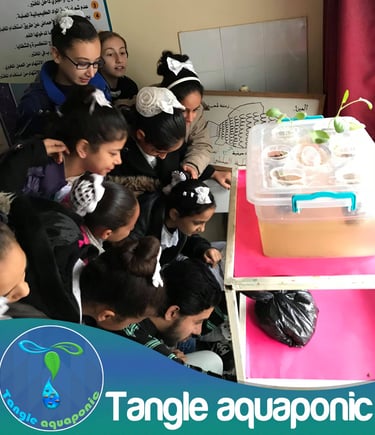

Outcomes & Impact:
Direct Impact: Successfully educated and inspired youth in two countries on sustainable agriculture, with students seeking to build their own systems.
Network Effect: Integrated separate Palestinian and Chilean organizations into a single, collaborative network.
Model Validation: Developed a replicable model for using social networks as a primary tool for South-South cooperation, earning formal recognition from local government.
Pipeline Development: Co-authored a fully-scored project proposal for a governmental environmental fund, establishing a foundation for future funding opportunities.
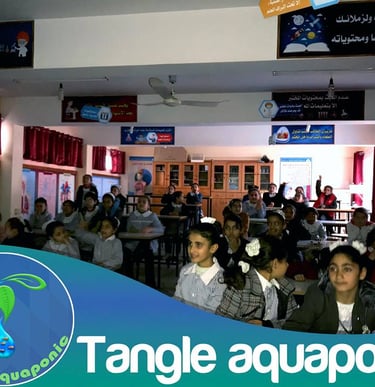

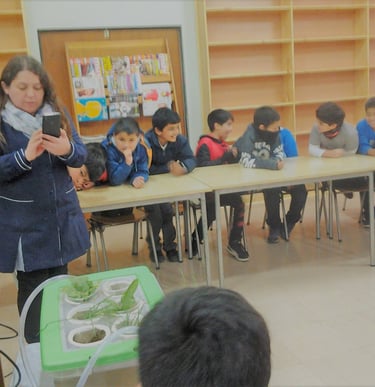

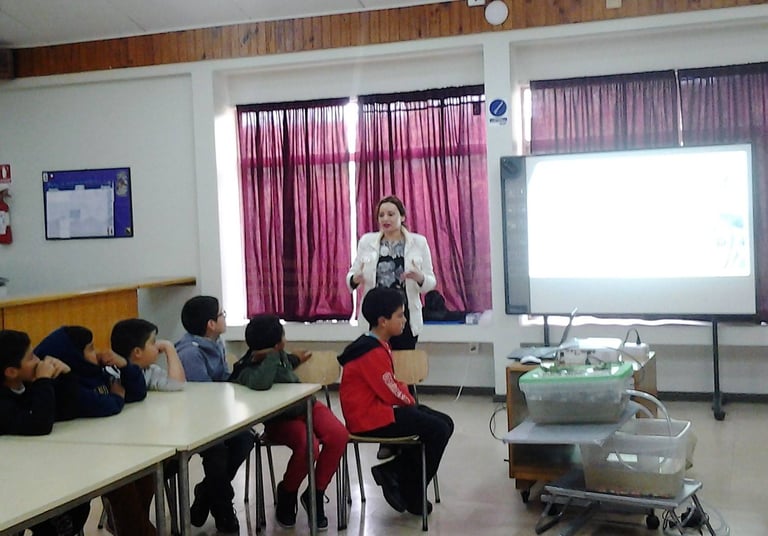

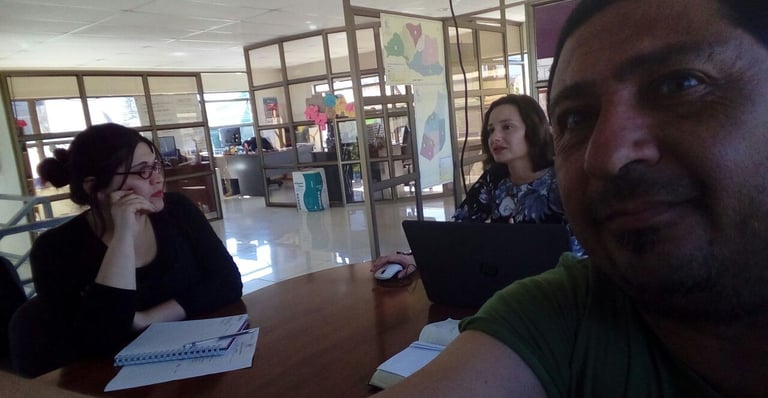

Contact us
contact@agroecologybridge.com
+56 9 96629661
© 2025. All rights reserved.